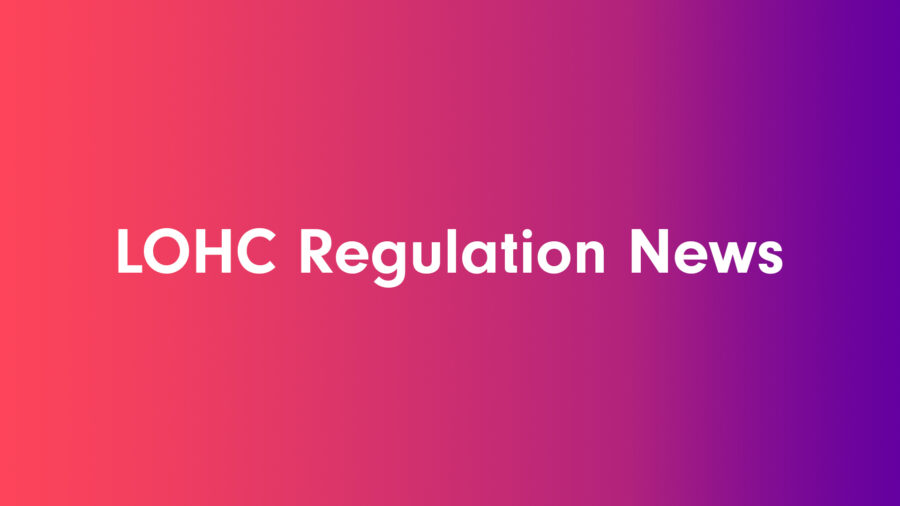
LOHC Technology is part of new German National Port Strategy
Erlangen, Germany. The recently established German National Port Strategy is of great importance as maritime imports and exports are essential to the German economy – which is expected to be the case for the future hydrogen economy as well. It is therefore natural that the strategy paper recognizes several hydrogen transport technologies, including the Liquid Organic Hydrogen Carrier (LOHC) technology, as an integral part of energy and environmental policy strategies, like the recently revised National Hydrogen Strategy (NHS).
The new National Port Strategy is intended to formulate framework conditions and set strategic goals for the promotion of sustainable seaports and inland ports, which are to become hubs for the energy transition. It also promotes climate-neutral shipping and aims to improve port infrastructure.
The National Port Strategy is closely linked to the implementation of the National Hydrogen Strategy, which was revised by the German government last year. In the NHS, the Federal Government assumes that up to 70% of the hydrogen demand in 2030 will be covered by imports, which will mainly happen by ship.
Hydrogenious’ LOHC technology has several advantages that make it particularly interesting for maritime transport of hydrogen: It can leverage the existing liquid fuel infrastructure in ports and can be transported by tanker or barge. This is very much in line with the National Port Strategy, which aims to create sustainable concepts for the reuse of conventional infrastructure.
Based on the hardly flammable thermal oil benzyltoluene, Hydrogenious’ LOHC technology enables long-distance transportation of hydrogen and very safe and efficient storage, especially in densely populated areas such as ports. Hydrogen stored in LOHC can be handled at ambient temperature and pressure and has a hazard potential comparable to diesel.
Statement
Dr. Andreas Lehmann, Chief Strategy Officer (CSO) at Hydrogenious LOHC
“We are pleased that the German National Port Strategy explicitly mentions the LOHC technology and thus underlines its importance for the planned hydrogen imports, as they have already been foreseen in the German National Hydrogen Strategy. We strongly believe that LOHC is the most flexible and safe solution, being able to be used for large scale and long-distance transport, but at the same time also for Hinterland supply and hence very relevant for ports as they interconnect those domains.”

Photo for editorial use only, with indication of image copyrights:
Dr. Andreas Lehmann, Chief Strategy Officer (CSO) at Hydrogenious LOHC Technologies
Download press pictures